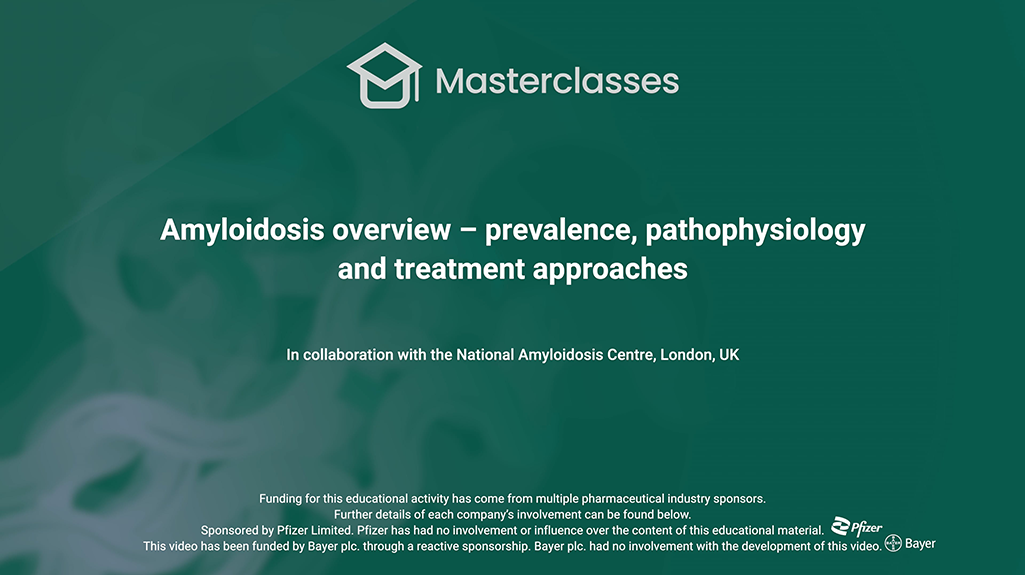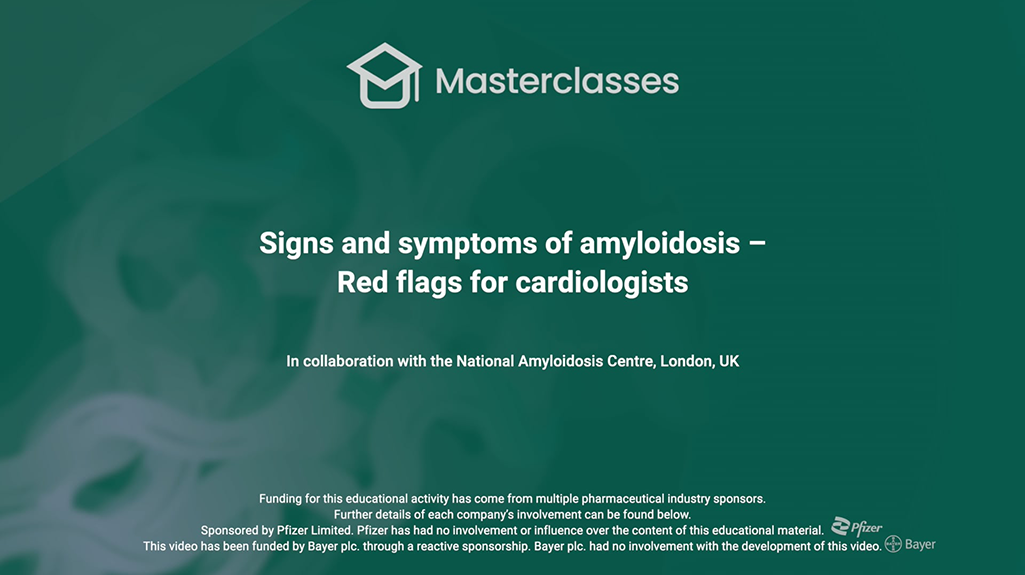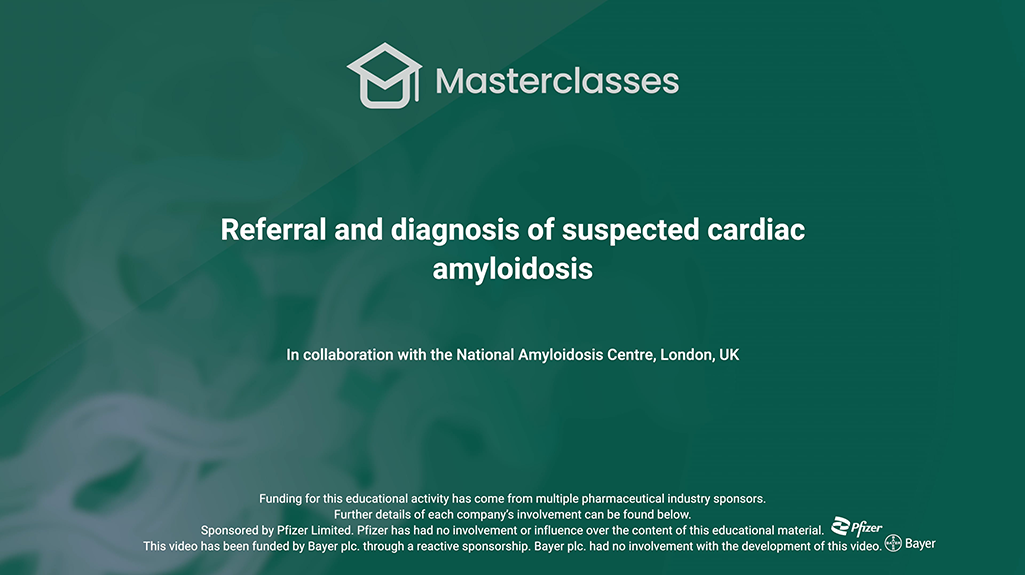Speakers
Professor Chim Lang Consultant Cardiologist and Clinical Pharmacologist, University of Dundee
Dr Su-Lee Xiao Geriatric Medicine Registrar, London
Learning objectives
- When to use digoxin and why
- Digoxin benefits and limitations
- Identifying digoxin toxicity
- How to address digoxin toxicity in your heart failure patients
- How to monitor digoxin levels
Learning module instructions
This BJC TV Learning module has a recommended award of 1 CPD credit for completion (1 hour of learning). Completion requires a score of at least 75%. If less time is spent learning, then you should claim a reduced credit value. After you have successfully completed the test you will be able to download your certificate.
Quiz Summary
0 of 4 Questions completed
Questions:
Information
You have already completed the quiz before. Hence you can not start it again.
Quiz is loading…
You must sign in or sign up to start the quiz.
You must first complete the following:
Results
Results
0 of 4 Questions answered correctly
Your time:
Time has elapsed
You have reached 0 of 0 point(s), (0)
Earned Point(s): 0 of 0, (0)
0 Essay(s) Pending (Possible Point(s): 0)
Categories
- Not categorized 0%
- Review
- Answered
- Correct
- Incorrect
-
Question 1 of 4
1. Question
CorrectIncorrect -
Question 2 of 4
2. Question
CorrectIncorrect -
Question 3 of 4
3. Question
CorrectIncorrect -
Question 4 of 4
4. Question
CorrectIncorrect
References
- Belz GG et al. Eur J Clin Invest 2001;31(Suppl 2):S10–S17.
- Digoxin SmPC. 2022 Available at: https://www.medicines.org.uk/emc/product/5465/smpc#gref (accessed February 2024)
- Rehman R, Hai O. Digitalis toxicity. 2023. StatPearls [Internet]. Treasure Island (FL): StatPearls Publishing; 2024 Jan. Available from: https://www.ncbi.nlm.nih.gov/books/NBK459165/ (accessed March 2024)
- Ziff OJ, Kotecha D. Trends Cardiovasc Med 2016;26:585–95.
- Savarese G et al. JACC Heart Fail 2019;7:306–317.
- Wagner L, Kenreigh C. Digoxin. In Enna SJ, Bylund DB (eds). xPharm: The Comprehensive Pharmacology Reference. Elsevier Inc, 2007:1–6.








